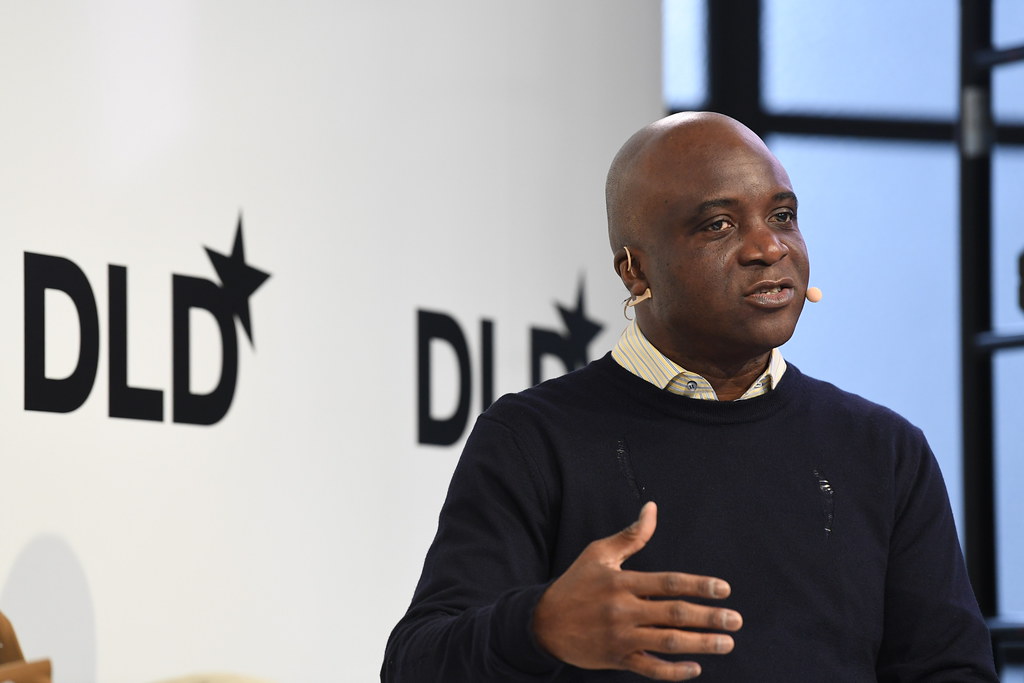EchoVC, one of Nigeria’s oldest indigenous venture capital firms, wants to seed early-stage energy, agri-tech and climate-tech startups, two years after it co-led the $85 million series B of Gro-Intelligence, the US-based climate and agri-commodity startup.
The ‘pilot’ $2.5M fund will focus on companies building solutions that boost agricultural productivity, help farmers access new markets and bring new cooling and energy storage technologies to the market. Kenya and Nigeria get a special deal where EchoVC will look to back electric 2 and 3-wheelers. Both countries have large and growing urban populations with poor urban transportation infrastructure. In Nigeria, reliable grid electricity is non-existent, and Kenya’s government has flagged off an e-mobility campaign that has seen electric bus companies like Basigo set up shop in the country.
Energy and climate-tech startups have attracted more investments from venture capital firms this year, displacing investments into fintech companies. The $2.5 million fund dubbed Eco Pilot Fund I will invest up to $200,000 in promising climate tech. Backed by two undisclosed DFIs, the Eco Pilot Fund I will invest in 8 to 10 climate-tech and energy startups across Africa.
“As we see more mid-sized and large funds coming to market to back climate and energy startups, we have struggled to find any that are set up to take first money risk or do the work to help kickstart the companies that will later be candidates for investment by these funds,” Taiwo Kamson, a principal investment officer at EchoVC pointed out. “The continent needs these pre-seed stage companies to create and deploy the solutions necessary to meet market demand.” By being the first investor for target companies, EchoVC wants to build a pipeline of pre-seed that can receive investments from bigger funds that target climate, agri-tech and energy in Africa.
“Once you get out of the fintech world you really struggle [to raise funds]… like desert work right there, ” Eghosa Omoigui, founder and managing partner of EchoVC told TechCabal on a call. “That was interesting to us because we realised that if you fund founders who are working in those spaces, they are more likely than not to be mission-driven,” Omoigui said.
Being the first institutional investor means taking on more risk and waiting for longer periods to realise profit from successful investments.
Founded in 2011, EchoVC has deployed roughly $41 million across several funds and returned just about half (to date) from exited companies, per disclosures on their website. Earlier this year, the firm launched an $8 million blockchain fund to invest in founders building African solutions on the blockchain. Omoigui said at the time that backing blockchain-powered companies at a time when investors were retreating from the sector, allowed his firm to, “invest at lower entry valuations on average than in prior years.” That is one way to say ‘we were thankfully late and can pick up the gems left behind in the mess.” With this eco-friendly fund, however, EchoVC wants to get ahead of the hype cycle, which is already building. In African VC circles, EchoVC is seen as an investor that is both tough in due diligence and willing to roll up their sleeves and get into the weeds of operating a fledgling business with founders.
EchoVC is also raising an additional fund which it will use to back the most promising firms from its initial pilot investments. “We anticipate that our learnings from this vehicle will feed into our investments to be made from our larger 2024 Eco Fund,” Omoigui said in a press statement shared with TechCabal.





















